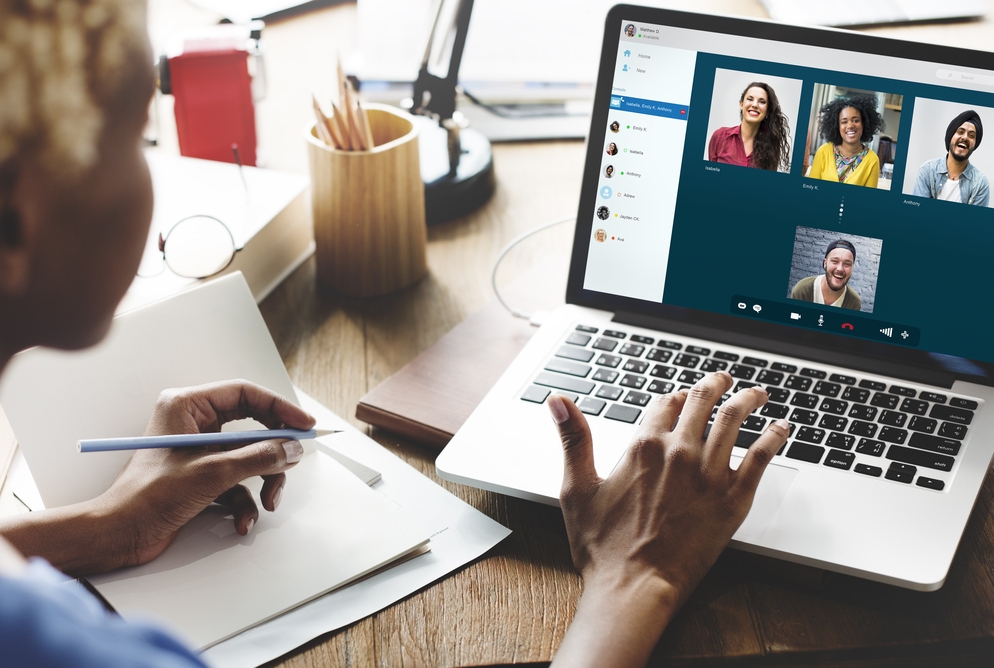
The COVID-19 pandemic has brought multiple and sudden mental health stresses upon Americans en masse: isolation because of social distancing, the need to telecommute and care for children home from school, and for some, abrupt unemployment. Added to the logistical and economic burdens is the fear of contracting or dying from an illness that did not even exist a few months ago – and the ramifications for children and loved ones.
But despite the risks for anxiety and depression that may come with the COVID-19 crisis, the long human experience with traumas and other stressful events suggests that the vast majority of people will get through it—and in the meantime shouldn’t try to “pathologize” the negative emotions they’re experiencing, says Dr. Susan Evans, professor of psychology in clinical psychiatry at Weill Cornell Medicine.
“Feelings of loneliness and anxiety and sadness are really normal emotions under the circumstances,” she said. “Most of us just need to figure out how best to cope with this situation while it lasts.”
Unavoidably, some will be overwhelmed; unemployment in particular tends to take a heavy toll and is a strong risk factor for depression, as is social isolation. Chronic fear of illness affecting oneself or loved ones can lead to anxiety disorders. So can the pervasive sense of uncertainty and lack of control.
Focusing on factors that we can control, such as adhering to social distancing rules, wearing masks, and following proper hand hygiene guidelines, is important, and a variety of other coping methods also can help. “In my own personal network, people have come up with very creative ways to manage the social isolation, including the use of social media to create ‘virtual happy hours’ and ‘virtual house parties,’” Dr. Evans said. “The fact that there is physical distance between people doesn’t mean they have to be emotionally apart, and these virtual meetups also have the benefit that they give people something to look forward to—even to dress up for.”
It can also help to engage in tried and true techniques for managing adversity. Within the social distancing restrictions posed by the COVID-19 crisis, these may include doing online yoga or exercise workouts at home, practicing mindfulness and other meditative techniques to keep from ruminating on worst-case scenarios, eating well, avoiding too much consumption of frightening COVID-19 news, and getting adequate sleep. Dr. Evans suggested also having a daily schedule to reduce the natural tendency towards disorganization—which can be stressful in itself—in a home environment where telecommuting competes for time with housework, cooking, and looking after children.
“Try to get a routine going—schedule your work hours, your housework hours, and then your social time,” she said.
As it is in normal times, effective communication is key – and something to double-down on at a time when we are spending more time with family members than usual, Dr. Evans said. “Couples and families who are able to move beyond their own self-awareness and self-interest and hear the other person’s perspective and take this under consideration are more likely to effectively talk with each other and come up with compromises and solutions,” she said.
We also help ourselves when we assist others who are lonely and stressed, even by calling or texting them to relieve their low mood and sense of isolation. “Giving of ourselves tends to provide us with a lot of mental health benefits,” Dr. Evans said.
People whose anxiety or depression is interfering with their daily functioning can avail themselves of online or telephone counseling, Dr. Evans said. Practitioners at the fee-for-service Weill Cornell Specialty Center in Manhattan and Westchester are seeing clients, mostly via telehealth; some initial visits are in person, based on symptom severity. New York State, with the help of thousands of volunteer mental health professionals, also offers a free COVID-19 Emotional Support Hotline (844-863-9314).
It may be useful as well to remember that the pandemic will not last forever—and indeed all the distancing measures, as stressful as they may be, are in place to bring the crisis to an end as quickly as possible.
“I would hesitate to predict that many people are going to suffer long-term, adverse psychiatric effects from the fear and social isolation that have come with this crisis,” Dr. Evans said. “People in general are incredibly resilient.”
This story was updated on Aug. 5, 2020.

